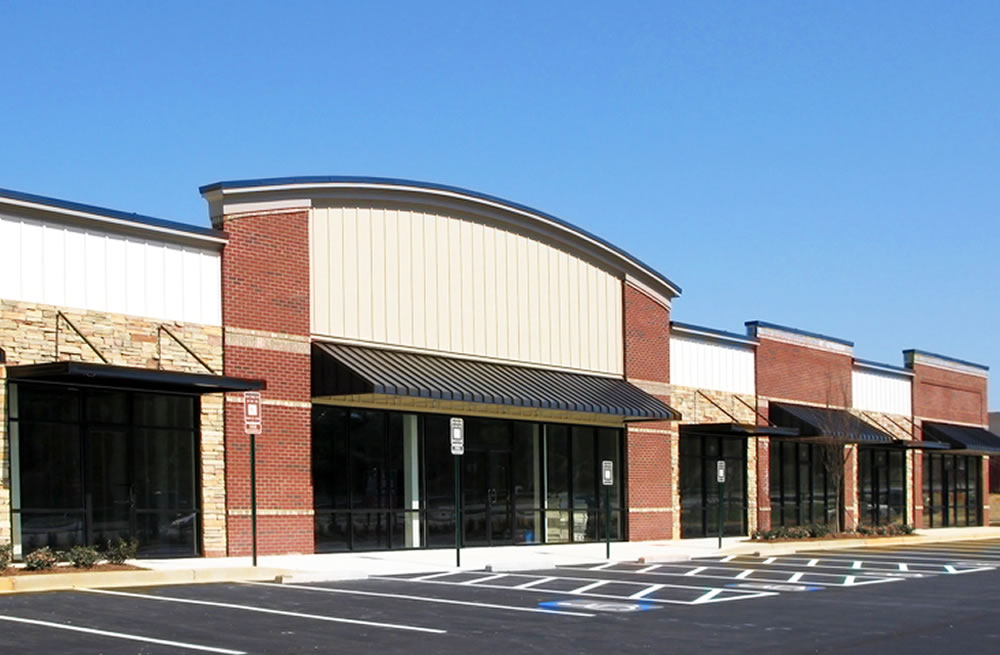
In the real estate business there are two common types of property management: residential property management and commercial property management. Firms that manage offices, retail spaces, storage facilities, industrial facilities, and entertainment facilities (to name a few) specialize in commercial property management. Still, residential and commercial property management aren’t so different – as you would expect residential property managers to oversee all the duties of operating a residential rental property, you can expect commercial property managers to oversee the responsibilities of operating a commercial property.
But, what does that mean? What is commercial property management? In a nutshell, commercial property management involves a comprehensive range of tasks and responsibilities. From early marketing duties such as advertising a property to attract quality tenants to ending commercial tenancies, commercial property managers offer a full scope of services to eliminate the owner’s burden of managing their income-producing commercial property.
- Property marketing
- Tenant selection and screening
- Lease processing
- Administrative and financial records
- Rent collection
- Regular reporting to owners
One important distinction between residential and commercial property management involves the leasing process. With respect to commercial properties, leases tend to be longer and more nuanced. In many cases, commercial leases require careful negotiation between parties with respect to conditions such as renewals, rent escalations, and owner/tenant responsibilities.
Another difference is the day-to-day management of a facility. In many cases, residential property managers oversee maintenance and upkeep of properties whereas this is not strictly true when it comes to commercial properties. In fact, commercial tenants of offices, retail spaces, industrial facilities, etc. often take on the responsibility of building/site maintenance and even the design and décor of the facility or space.
Indeed, commercial property managers bring a specialized lens with unique skills and abilities that help property owners make the most on their investment property. Experts in commercial property management are fastidious in their record-keeping and should provide regular reports to owners regarding maintenance issues, taxes, insurance, and mortgages. Reports also reflect occupancy levels, budgets, and rental income so that property owners can carefully monitor their investment.
Ultimately, commercial property managers can be a great ally to property owners – especially those who lack the skills, experience, or time to independently manage their commercial investment property. Today, commercial property managers and owners represent a symbiotic relationship wherein the owner can take a back seat overseeing the minutiae of managing a property while still enjoying financial returns. Not surprisingly, commercial property management professionals are increasingly valued for their expertise particularly in markets where real estate investment is especially lucrative. If you are a commercial property owner with little interest or knowhow in managing a commercial property effectively and efficiently, relying on professional commercial property managers can help you ensure the success of your investment.
